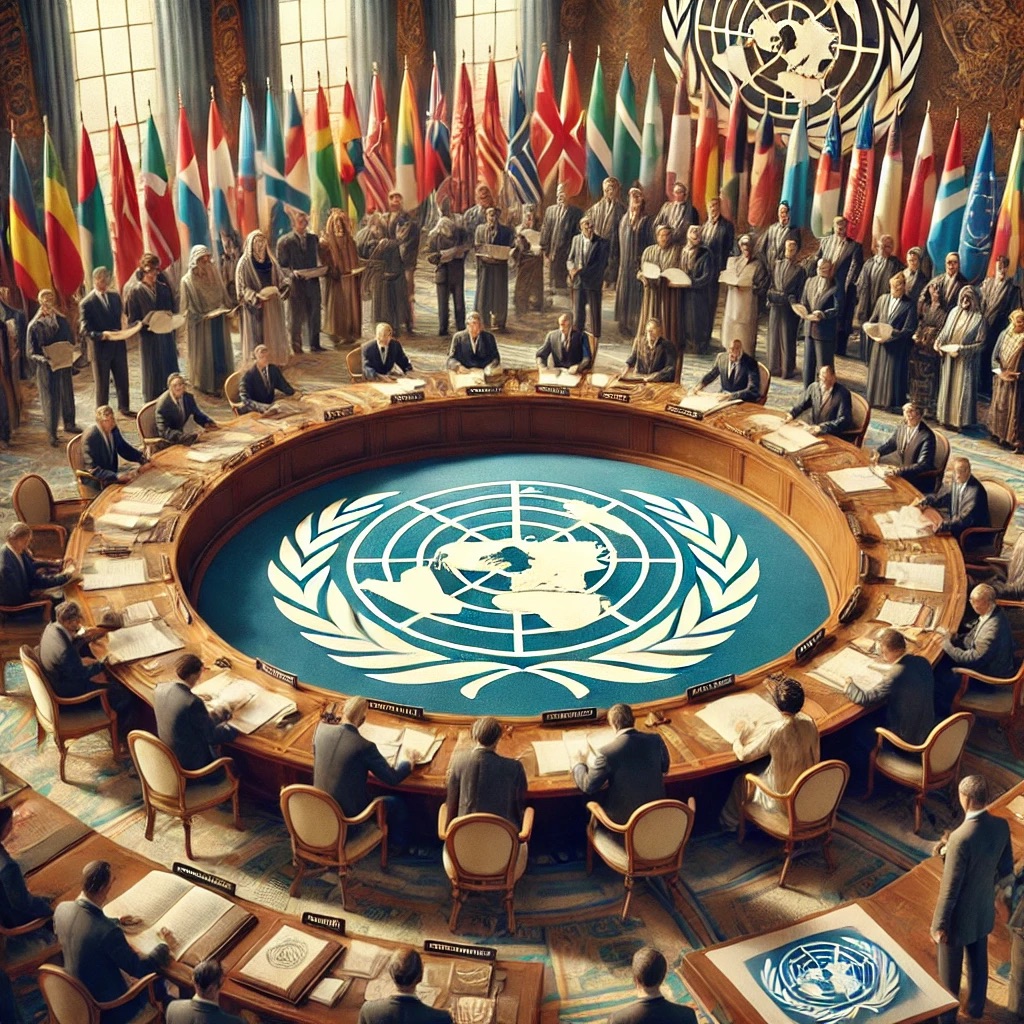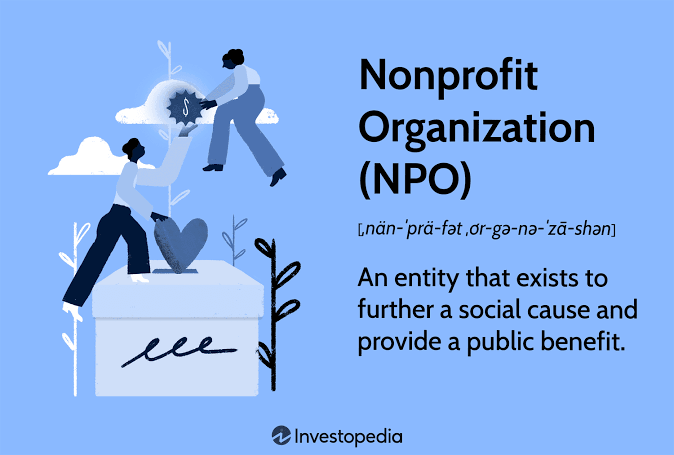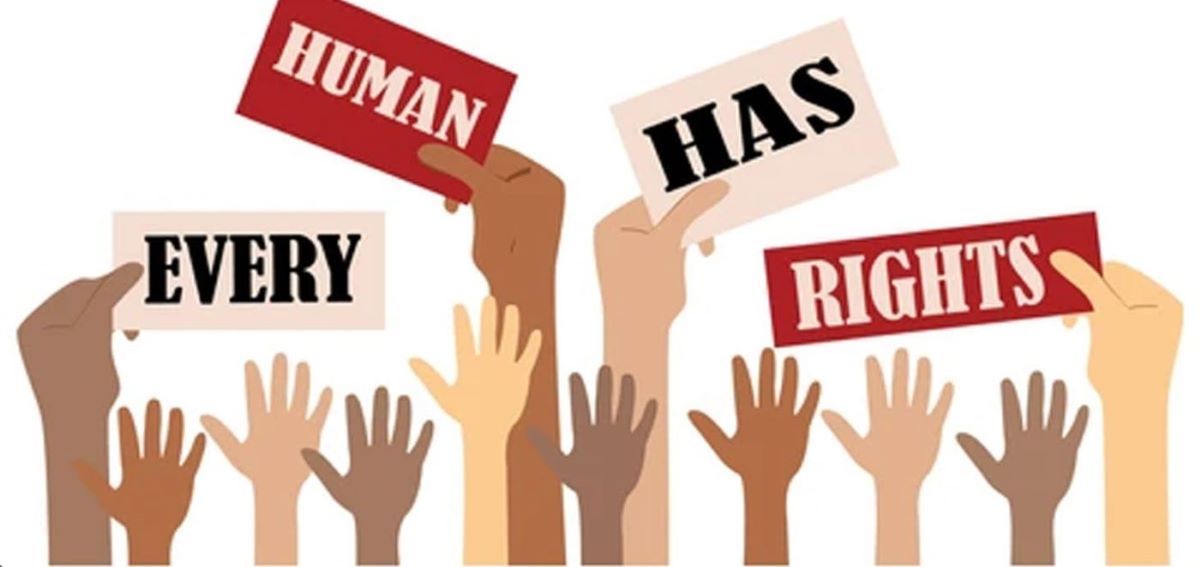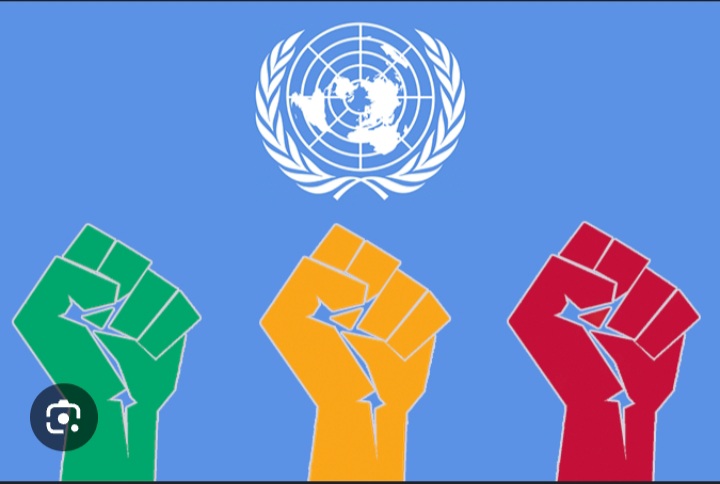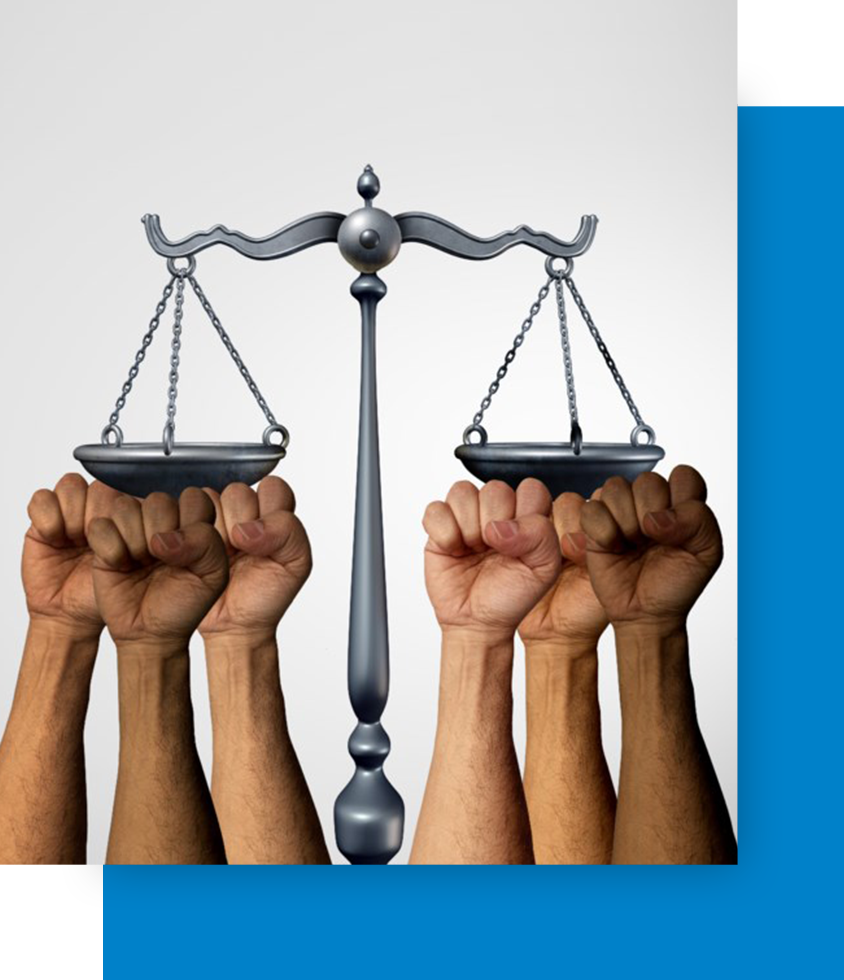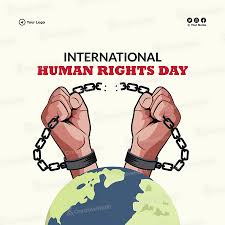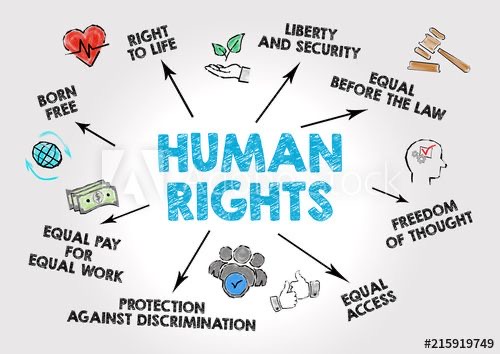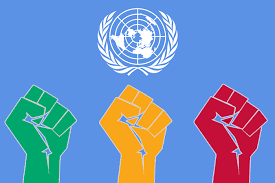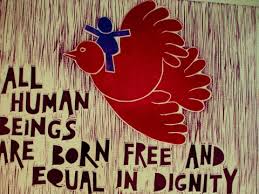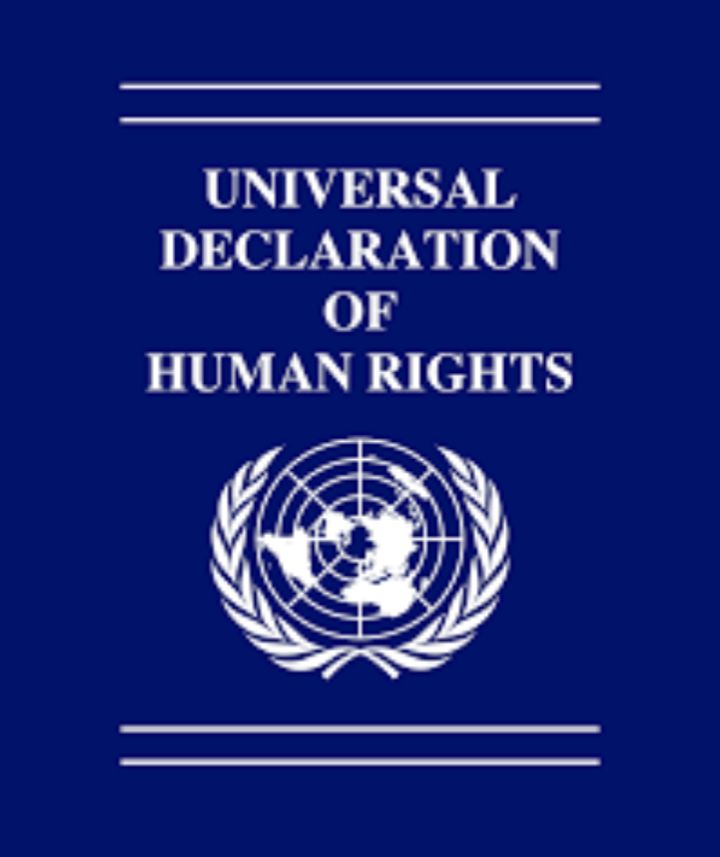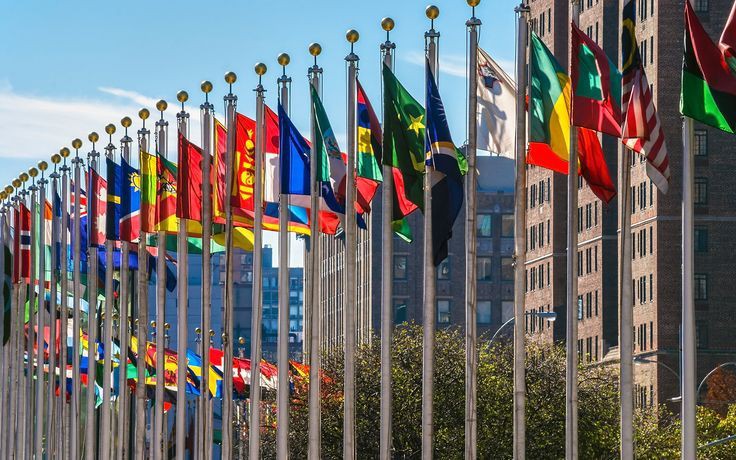
Before any topic can be sufficiently discussed, one has to have a basic understanding of the key terms that make up the topic of discussion.
What are Human Rights?
Although this is a basic concept it is important to have a good understanding of what Human Rights are. The United Nations defined Human Rights as those rights that we possess simply because we are human beings. These rights are universal and are inherent in us regardless of nationality, sex, ethnic origin, color, religion, language or any other status. The Universal Declaration of Human Rights (UDHR), adopted by the UN General Assembly in 1948, was the first legal document that declared fundamental human rights to be universally protected. The UDHR continues to be the foundation of all international human rights law and it provides the principles and building blocks of current and future human rights conventions, treaties and other legal instruments.
It is important to note that the International Bill of Rights comprises of the Universal Declaration of Human Rights (UDHR), the first and second protocol of the International Covenant on Civil and Political Rights, the International Covenant on Economic, Social and Cultural Rights. The combined and individualistic effects of the Bill of Rights protect universal human rights.
International Human Right Treaties
A treaty is any legally binding agreement between states, otherwise known as countries. What makes an international document a treaty is the fact that it is a legally binding agreement between States. This means that Conventions, Protocols, Pacts, Accords are all classified as treaties on the condition that the document is a product of States agreement that are binding on the State parties. An example of such is the Geneva Protocol, it does not contain the word “treaty” in its name but it is still classified as a treaty because it has the characteristics of a treaty. There are multiple treaties in the world which different States have ratified but this is not an assurance that the States will comply with the treaties, this is why each treaty is monitored by a group of independent experts from all over the world who come together to work in committees called United Nations Human Right Treaty Bodies. These experts get information from multiple sources. They could get their information from the government, civil society organizations or even individuals. The Treaty Bodies may question governments in detail about their human rights record and they report their findings based on all the information that they have been able to access. The Treaty Bodies also make recommendations for action in accordance with the report of their findings. The recommendations of the Treaty Bodies are made public on the UN Human Rights Office website and on social media platforms.
Some treaty bodies and the respective treaty that they are responsible for are as follows:
1. Human Rights Committee is the treaty body for International Covenant on Civil and Political Rights and its Optional Protocols.
2. Committee on Economic, Social and Cultural Rights is the treaty body for International Covenant on Economic, Social and Cultural Rights and its Optional Protocol.
3. Committee on the Elimination of Racial Discrimination is the treaty body for International Convention on the elimination of all forms of Racial Discrimination.
4. Committee on the Elimination Against Women is the treaty body for Convention on the Elimination of All Forms of Discrimination against Women and its Optional Protocol.
5. Committee Against Torture is the treaty body for Convention against Torture and Other Cruel, Inhuman or Degrading Treatment and its Optional Protocol.
6. Committee on the Rights of the Child is the treaty body for Convention on the Rights of the Child and its Optional Protocols.
7. Committee on Migrant Workers is the treaty body for International Convention on the Protection of the Rights of All Migrant Workers and Members of Their Families.
8. Committee on the Right of Persons with Disabilities is the treaty body for International Convention on the Rights of Persons with Disabilities and its Optional Protocol.
The Benefits of International Human Right Treaties
With the basic foundation that has been laid down in the previous subheadings it can be inferred that international human right treaties have beneficial rather than negative effects to individualistic humans, and to the world at large.
Emily Hencken Ritter opined in her book called Contentious Compliance: Dissent and Repression under International Human Right Law that international human right treaties work against most repressive governments. This is done by laying down obligations on States which those States are bound to respect. By becoming a party to international treaties, a State is saddled with the duty to protect and fulfil human rights. This does not allow for a government to become repressive as that State must refrain from interfering with the enjoyment of human rights. As a result of the obligations or duties placed on the State it must protect individuals and groups against human right infringements, this means the State must take positive action to facilitate the enjoyment of human rights. Practically speaking, there are still repressive governments despite the presence of international human right treaties, Ritter suggests in her book that even though theoretical benefit explained above does not pan out perfectly, international human right treaties reduce the potency of repressive government, it keeps those governments in check.
Ritter explains that another advantage of international human right treaties lies in empowerment. She says that treaties do more than merely reducing repression, they also create an expectation in the mind of individuals that the government may not repress them. Treaties allow people to ask for what they need from the government, it creates a change in what people expect from the government.
Conclusion
There are numerous international human right treaties in the world and this presents great benefits to individuals everywhere. Without these international treaties, human rights in the international sphere would have no legal backing. International human right treaties have provided the necessary protections for individuals and has provided means for violated individuals to seek redress.
